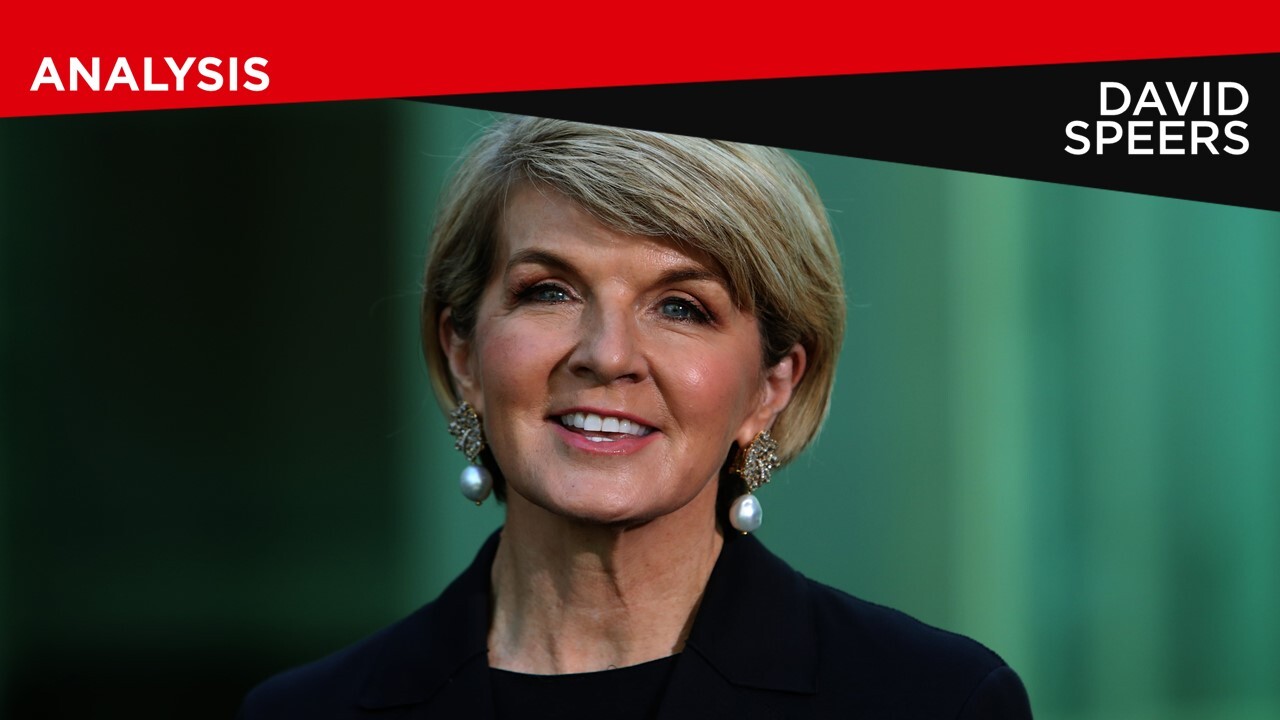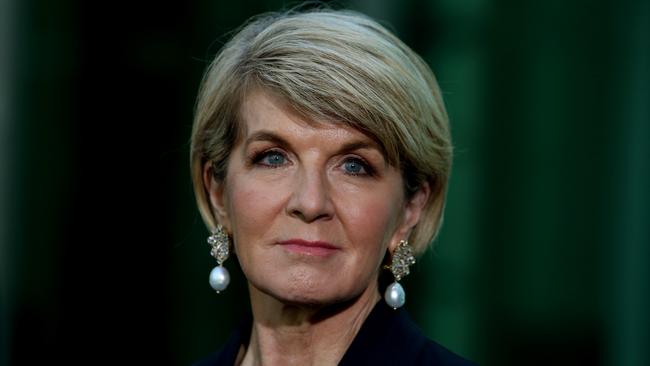Bullying is the new black
IF Julie Bishop truly believes there’s a systemic bullying problem in Canberra, why is she making noise now, rather than doing something when she had the chance, asks Peta Credlin.

Rendezview
Don't miss out on the headlines from Rendezview. Followed categories will be added to My News.
POLITICS is tough and it’s adversarial.
Like our legal system, the battle of competing arguments is at the heart of how the political system works. Anyone wanting to take a seat in the parliament knows they must fight for preselection, they must fight an election and win, and if they want a promotion, they’ve got to fight and compete for the small number of frontbench roles on offer.
Is there bullying in politics? I have no doubt there is. There’s bullying in the sandpit, among Year 9 girls, on the footy team, and in the mothers’ group, so you would be naive to think politics is immune. But I dispute the claim of a bullying culture because that implies it’s systemic, and I’ve come across more people in politics who want to build you up than tear you down.

I’m also someone who thinks these sorts of claims need to be substantiated, and to date there’s no specific details or names of people involved. It’s easy enough to throw around an allegation, but for the good name of the Liberal Party to be respected, evidence should be brought forward and an investigation held. Otherwise the cynics might conclude that the demise of Malcolm Turnbull’s prime ministership might be the real motivator?
Midweek, Julie Bishop complained about both a bullying culture and the lack of female representation. On the latter, she’s right, the Liberal Party’s record is appalling. But here’s the thing: in her 11 years as the second most senior figure in the Liberal Party, the statistics have only got worse. On bullying, if Bishop believes there’s a systemic problem then why has she only raised it now, from the backbench, rather than when she might have actually done something to fix it?
